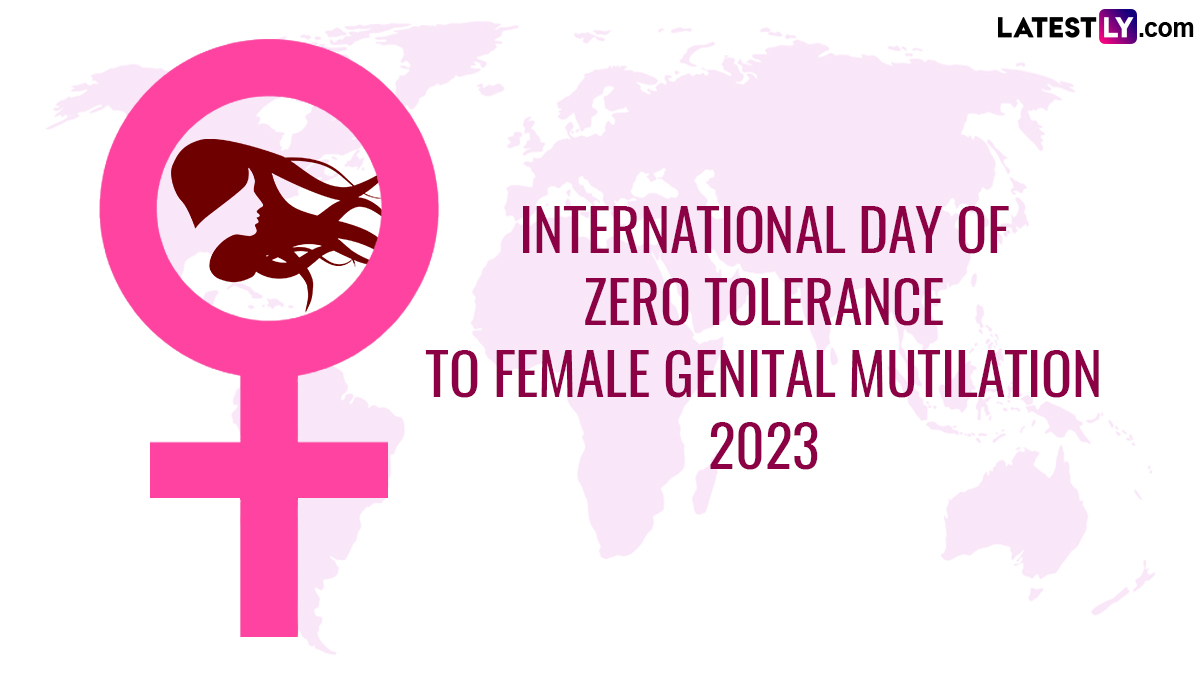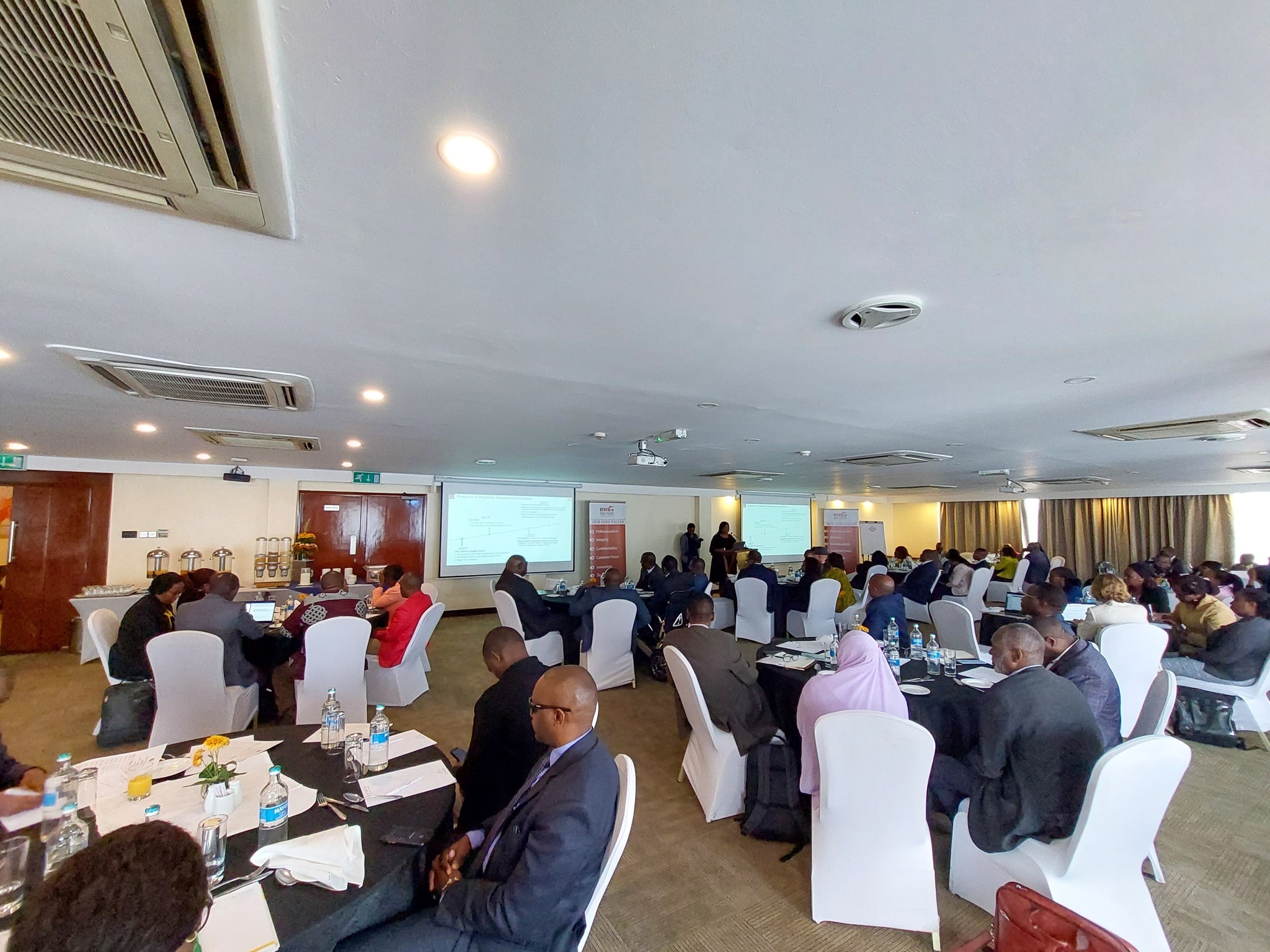International Day of Zero Tolerance For Female Genital Mutilation 2023

Every year, International Day of Zero Tolerance for Female Genital Mutilation is observed on February 6. The day creates awareness and educates people on the consequences faced by girls who go through a genital mutilation procedure.
According to United Nations, the term Female Genital Mutilation (FGM) comprises all procedures to alter or injure the female genitalia for non-medical reasons.
Girls who undergo female genital mutilation face short-term complications such as severe pain, shock, excessive bleeding, infections, and difficulty in passing urine, as well as long-term consequences for their sexual and reproductive health and mental health, hence considered internationally a serious violation of human rights because it risks their health and integrity.
The theme for this year is ‘Partnership with men and boys to transform social and gender norms to end FGM’. It is a joint program by UNFPA-UNICEF to eliminate Female Genital Mutilation (FGM ).
In the year 2012, the UN General Assembly designated February 6 as the International Day of Zero Tolerance for Female Genital Mutilation. The need is to amplify and direct the efforts to eliminate this practice.
This crucial day aims to end FGM by 2030. The report by the United Nations organization shows the decline of FGM globally in the last 25 years. This will result in gender equality and the elimination of FGM.
Therefore, to take forward this initiative, the involvement of boys and men is extremely essential. Their voices will play a major role in transforming the deep-rooted social and gender norms.
According to the World Health Organization, FGM is categorized into broad categories which include; partial or total removal of the clitoris and the second type is the prepuce and partial or total removal of the clitoris and labia minora, with or without excision of the labia majora.
The third category is the narrowing of the vaginal orifice by cutting and bringing together the labia minora and/or the labia majora to create a type of seal, with or without excision of the clitoris. In most instances, the cut edges of the labia are stitched together, which is referred to as ‘infibulation’.
The fourth category includes all other harmful procedures to the female genitalia for non-medical purposes, for example: pricking, piercing, incising, scraping, and cauterization.
YVONNE GATWIRI
Tags: Un Unfpa International Day Of Zero Tolerance For Female Genital Mutilation 2023 Unicef
Related
Share this article
Experienced and versatile writer, dedicated to using my exceptional writing and editing skills to inform and advocate. My work focuses on educating and entertaining readers on a range of topics, with a particular expertise in matters of disability.
View articles

